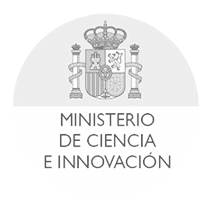Opinion Articles

Behind the paper: An Inshore-Offshore Sorting System Classifying Ocean Litter
![]()
Take-away packaging of food and beverages dominates global litter in aquatic ecosystems. Nearshore environments emerge as key areas to intercept litter before it breaks down into microplastic and spreads across the global ocean. Items from ocean activities contribute, at least, 22% of the litter...
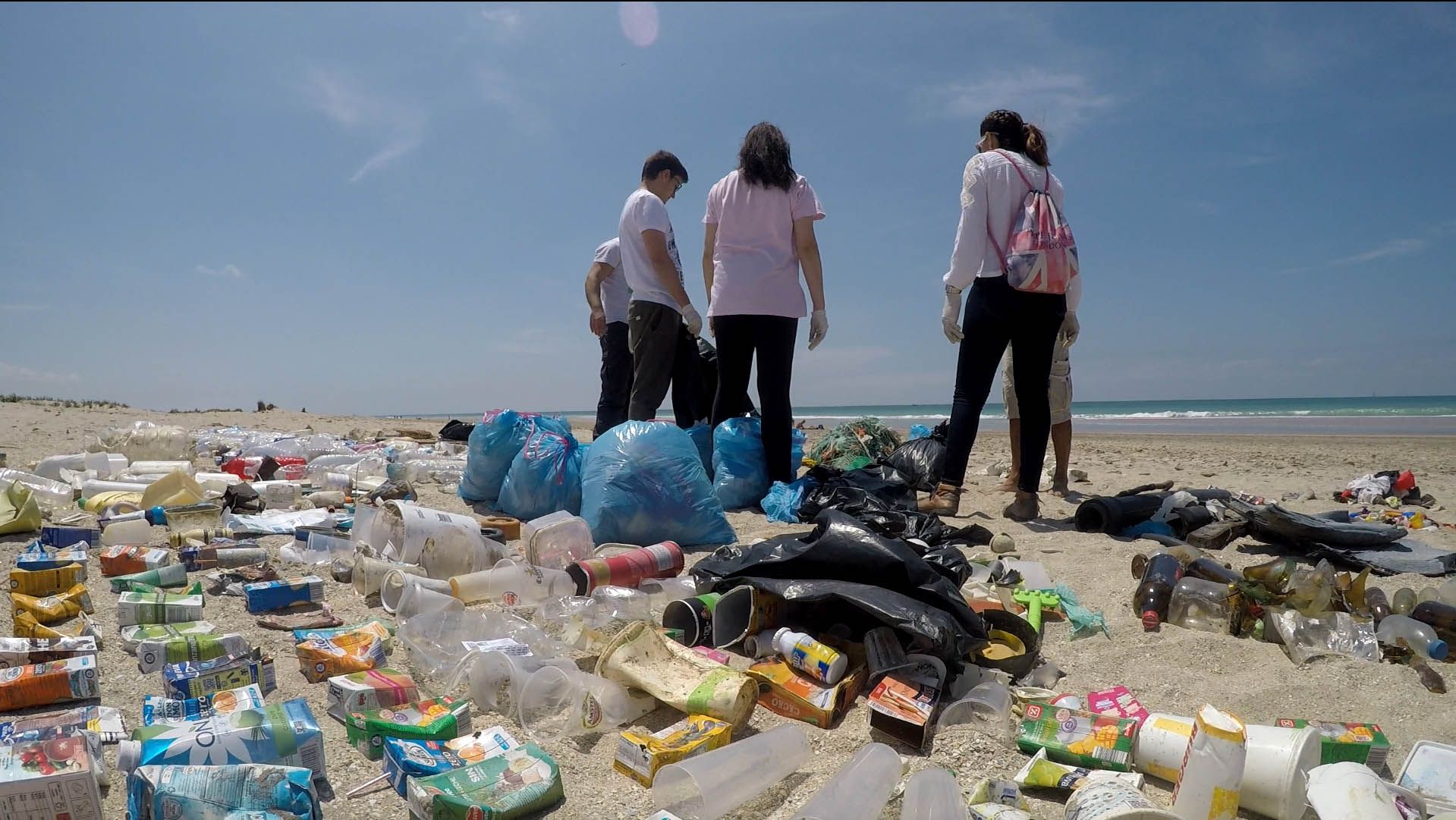
Civil Society: A major force for global litter monitoring

The visual impact of plastic pollution has sparked one of the most common forms of social response in modern history: litter clean-ups. Over recent years, there has been a sharp rise in community clean-up initiatives, with millions of litter items regularly collected worldwide, far more than those retrieved by scientific surveys. While we don’t know how much litter is removed by global clean-up activities, there is no doubt that they play a crucial role in preventing further impacts on the planet...
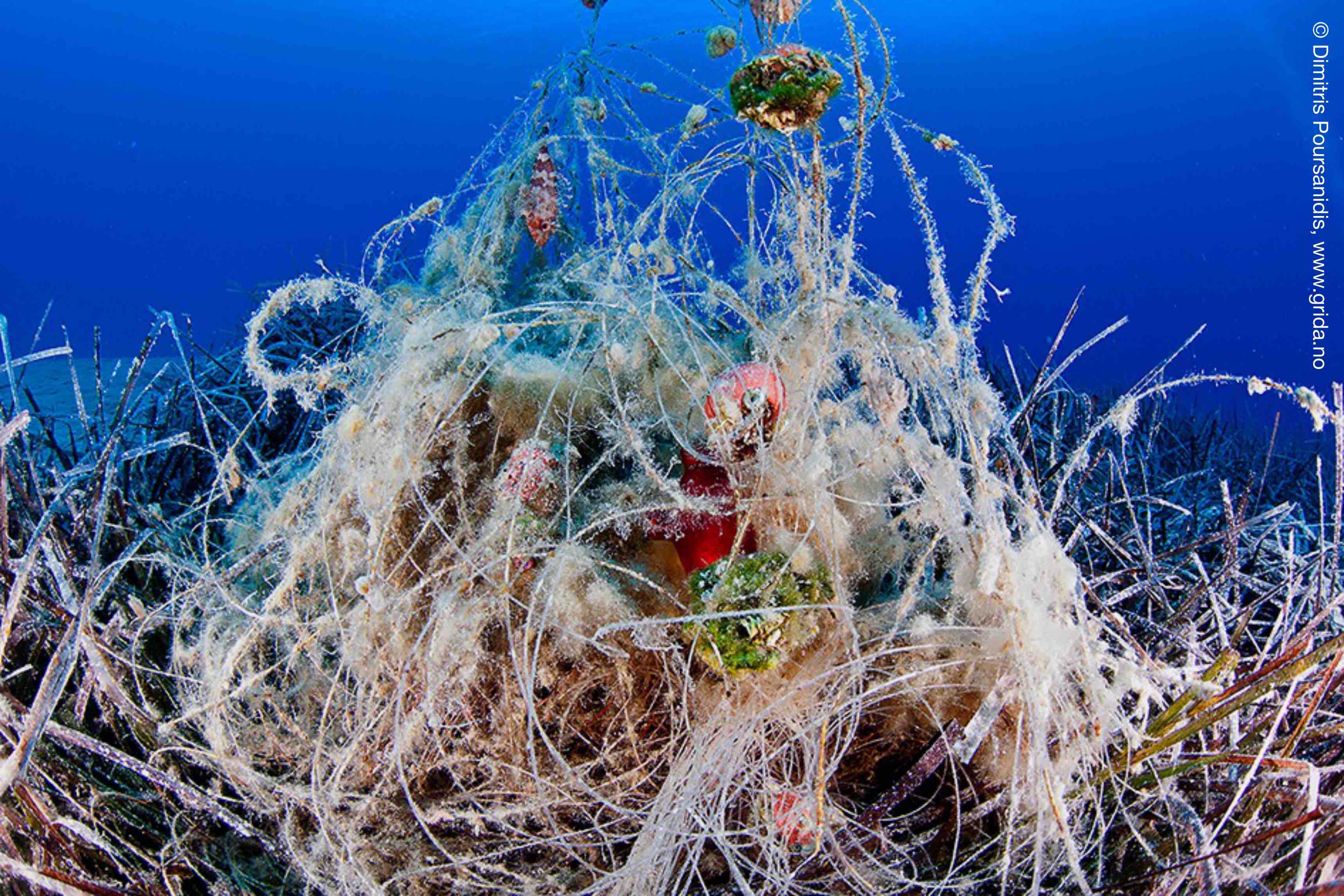
Mediterranean, medio plasticae
![]()
Mediterranean, from the Latin “medio terrae,” means in the middle of land. This is the feature that has made the Mediterranean Sea a parcel of ocean unlike any other on the planet. Its geostrategic enclosure, between three different continents, has resulted in singularity and richness at all levels: ecological, socioeconomic and cultural. However, the closed nature of the Mediterranean is a double-edged sword that may do more harm than good in our times...
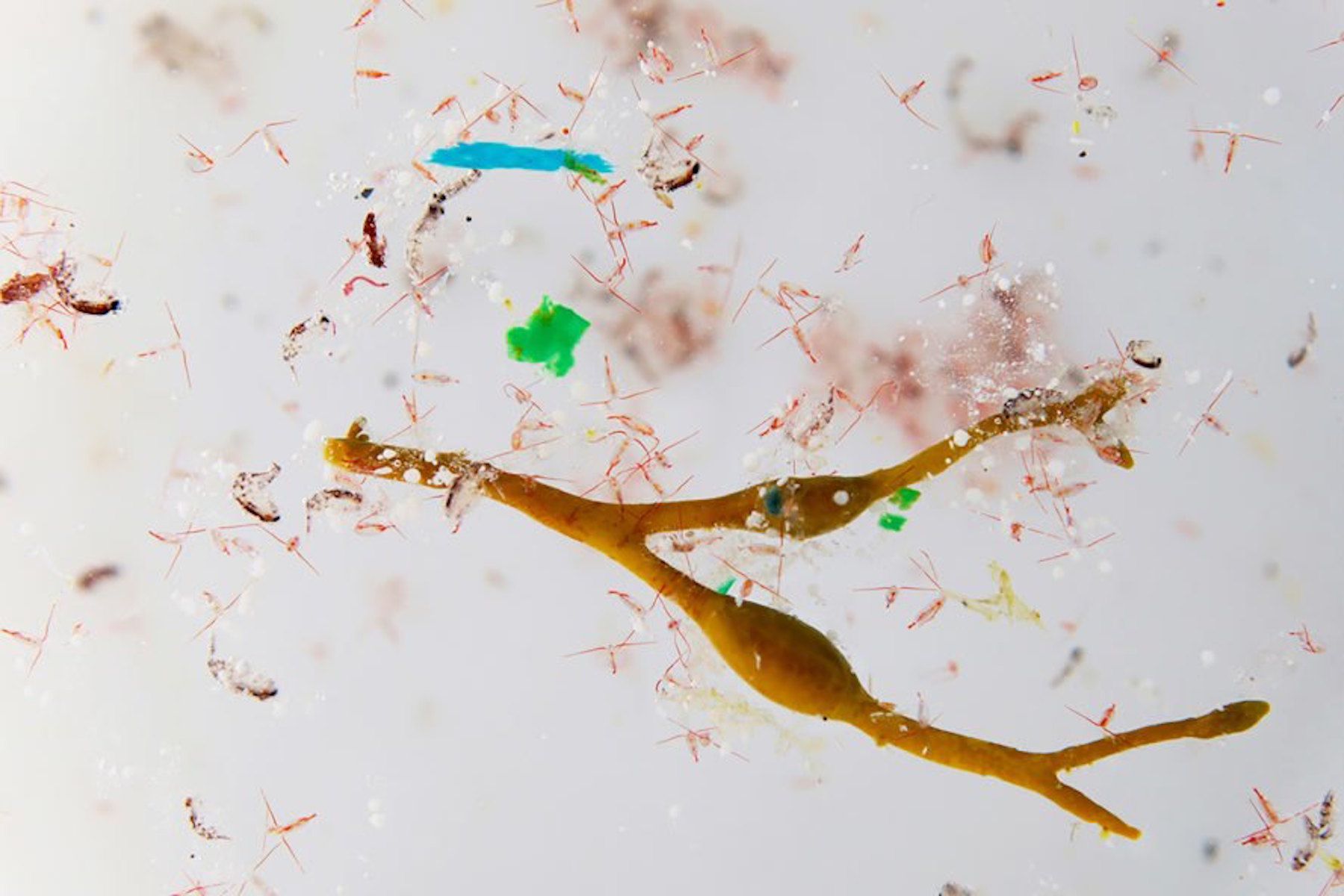
Migrating plastics

It’s common knowledge that climate change has been causing a series of profound transformations in the Arctic Ocean. But until recently, it was believed that marine litter was primarily a concern in temperate and tropical regions. Not anymore. ANDRÉS CÓZAR CABAÑAS explains the changes that are making the Arctic more susceptible to plastic pollution...
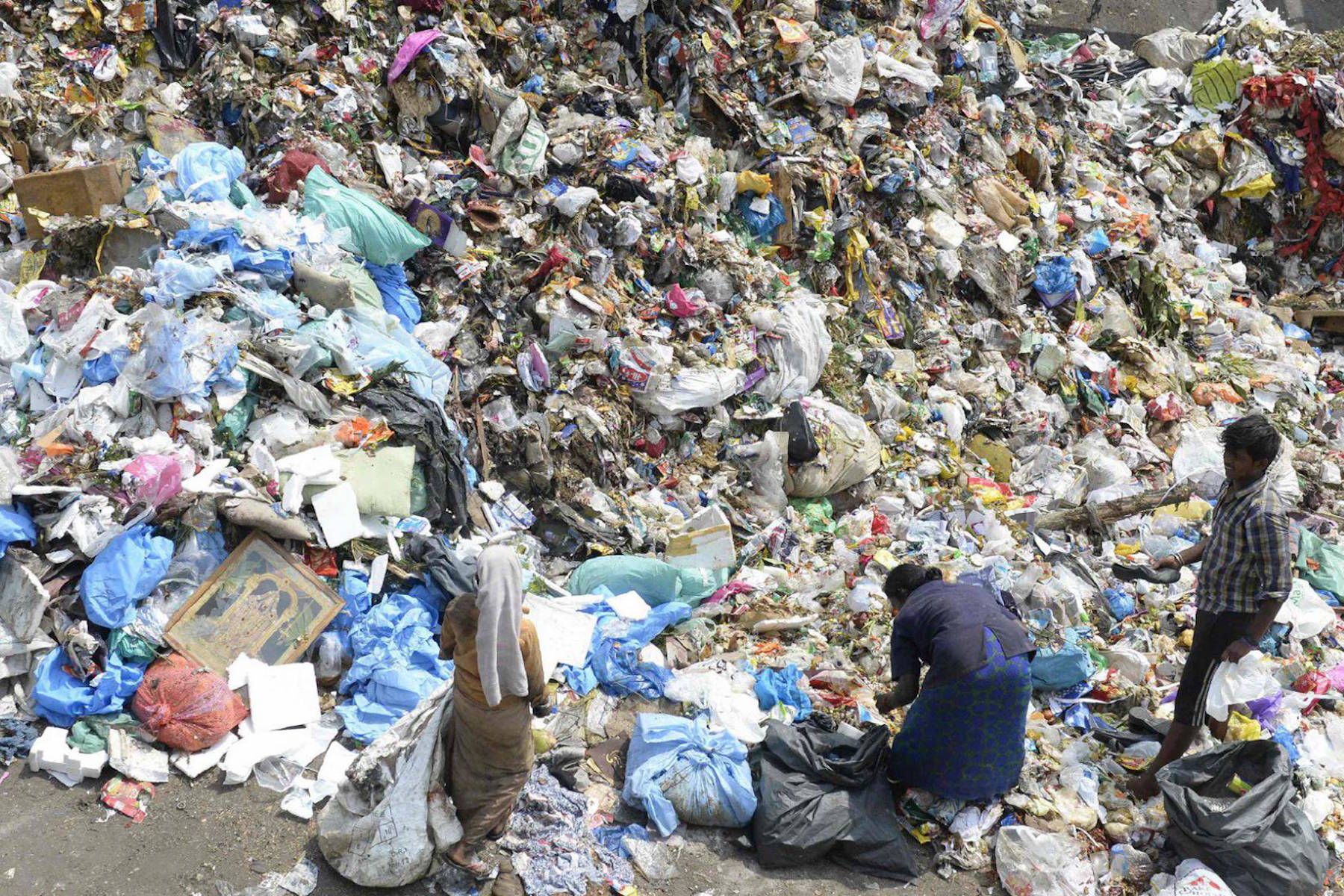
El fracaso del círculo virtuoso del plástico

Cada año, los océanos reciben millones de toneladas de desechos plásticos que la humanidad no es capaz de controlar. En 2015, la revista Science publicó el ranking mundial de los países que más contribuyen a la contaminación de los océanos con plástico. China ocupó un destacado primer lugar, seguida por otros de los países asiáticos más poblados como Indonesia, Filipinas, Vietnam, Tailandia, Malasia o India...
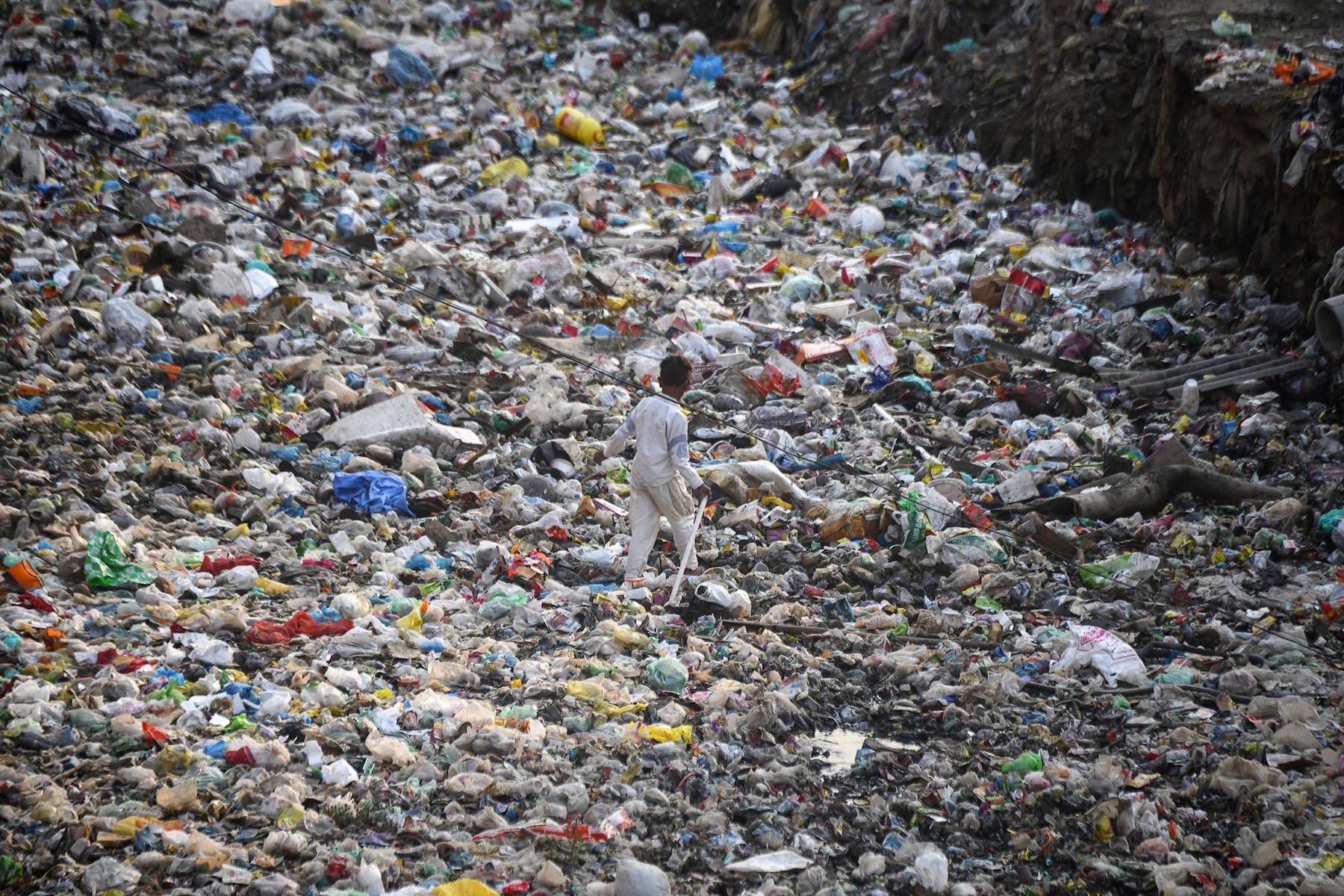
Plástico dependientes crónicos

El descubrimiento de nuevos materiales ha propiciado enormes saltos cualitativos en la historia del hombre. Hace unos 8.000 años fue el cobre; hace 5.000 años, el bronce, y hace unos 3.000 años, el hierro. La época actual ha sido justamente llamada la Edad del Plástico. Este material reúne unas características que lo hacen ideal para crear casi cualquier cosa...
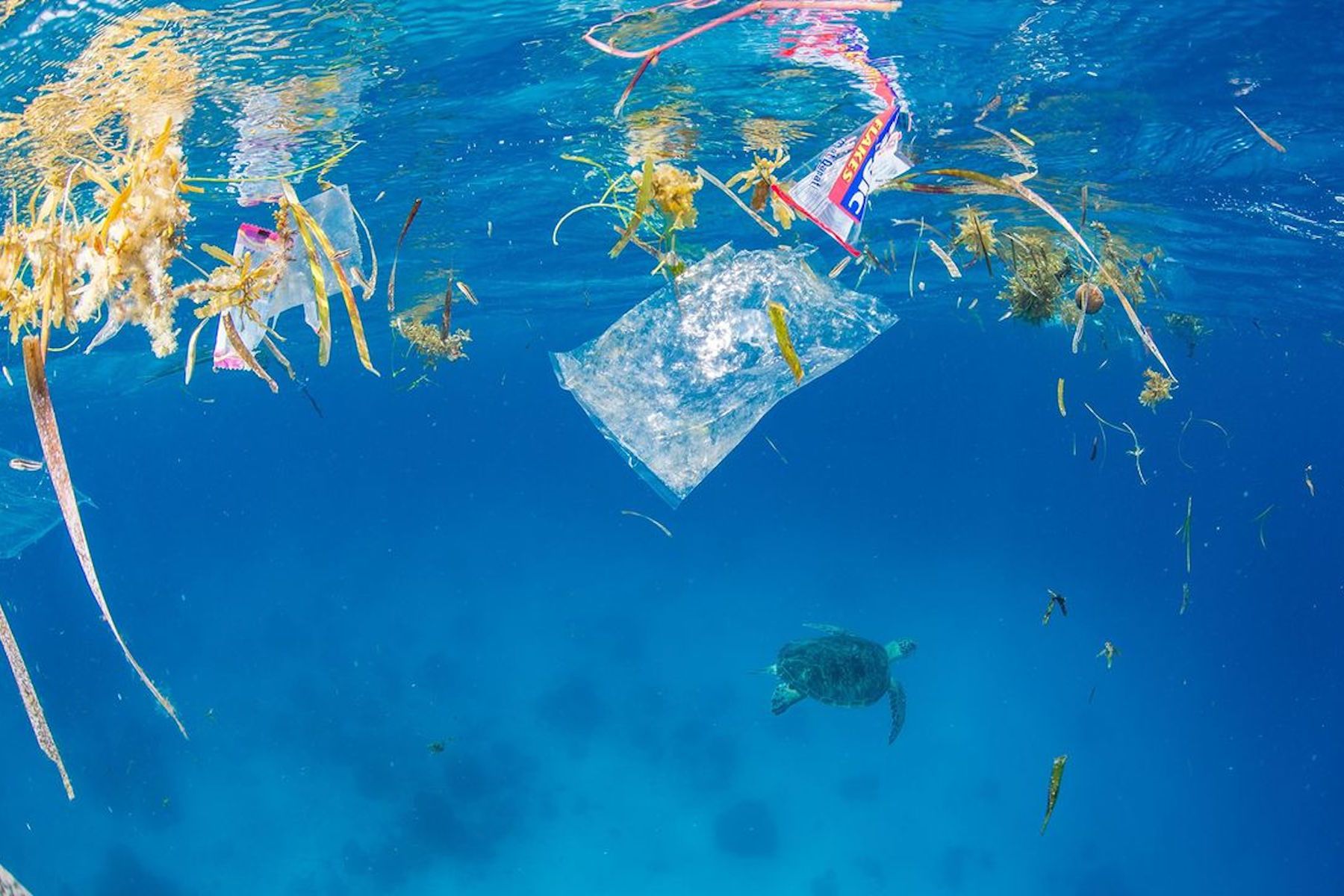
Vida marina intoxicada a escala planetaria

Hasta ahora la mayoría de estudios se había centrado en saber cuál es la magnitud de la contaminación por plástico, que se ha demostrado ser de una escala planetaria, con importantes regiones de acumulación en el centro de todas las cuencas oceánicas, mares semi-cerrados como el Mediterráneo y ciertos sectores de costa...

© 2020 DESIGNED AND DEVELOPED BY INVISUAL.ES



